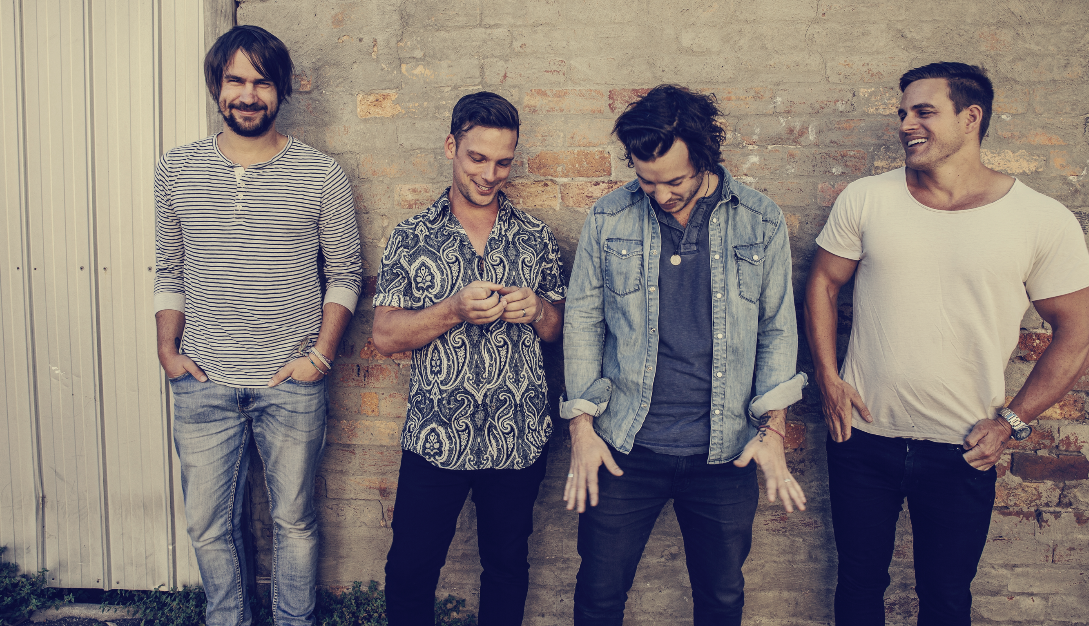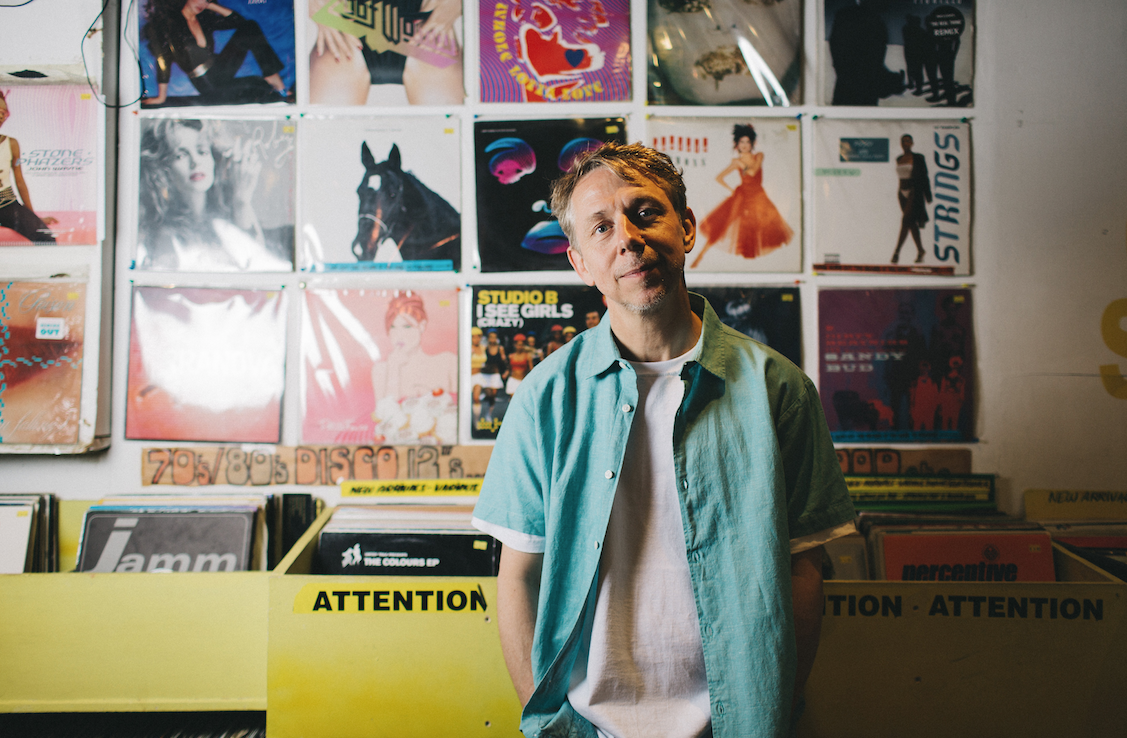When the band arrived from New Zealand in 2006, they had trouble getting gigs, so they set up shop on the corner of Bourke and Elizabeth Streets, with a slate announcing CD prices and their MySpace address.
“It was pre-Facebook,” says guitarist Regan Lethbridge. “It was the best method we found to get our music out there … And, when we got here, the community was just so welcoming. So many of our friends we made through busking, through the early shows … It’s that connection that you can’t explain that music does – it draws you to people and draws them to you. We built a life around it.”
Weekly meetings with other buskers taught Lethbridge to work more collaboratively, he says. Melbourne buskers must agree on how to divide up the CBD’s precious sidewalk space without stepping on one another’s toes. He also learned how to play a vigorous outdoors show without provoking a fine for excessive noise – though he did rack up his share of informal warnings.
It took Bonjah six months on that corner, experimenting with different styles of playing to see what would catch passersby’s attention, before they were able to get a spot inside the bustling Bourke Street Mall, a broad thoroughfare lined with high-end fashion boutiques and department stores.
“Once you’re in the mall, that’s like the Holy Grail,” explains Lethbridge. “Only the big-time buskers make it into the mall. That’s where all the people are, so it makes sense – that’s where all the foot traffic is.
“The council were always really supportive about giving the streets that vibrancy. Melbourne got quite renowned for it. You walk around and you see good buskers. Even today, you walk out and they’re everywhere. There are some really, really good ones.”
Bonjah’s busking experiences outside of Melbourne have been chequered – an afternoon spent playing acoustic in Byron Bay was such a dud that they didn’t bother trying again.
Eventually the band managed to move from street corners to The Corner solely on the strength of their independently produced CDs and their busking bona fides. By the time Bonjah was picked up by triple j in 2011, they were already playing to ticketed audiences of hundreds.
“Back in the day, playing The Corner was it,” says Lethbridge. “We had four or five years of building a really organic fanbase, especially in Melbourne, to the level where we could play The Corner Hotel, which is 800-odd people, without triple j support.
“They were the best days. The busking days, before triple j got on board and before all these other little things happened, it was just four or five guys going to the city, setting up instruments and playing for three or four hours, just because.”
Lethbridge hopes the City of Melbourne will continue its support for street musicians. A mentorship program for fledgling buskers could be useful, he says – or a “Busking Day” competition that would help raise artists’ profiles and help legitimise busking as a way to start a career. Although Melbourne is manifestly one of the most busker-friendly cities in Australia, there remains some stigma separating musicians on the sidewalk from those onstage.
“I know there are people out there that absolutely hate buskers, but I think they’re just, in general, angry people,” says Lethbridge. “Music-lovers and people in general are pretty cruisy … It’s a head-scratcher, because it’s proven that you can have genuine success.”
Though they’re now regulars on the Australian festival circuit and have toured with artists like Paul Kelly and Eskimo Joe, Bonjah still choose to work with former buskers like Tash Sultana and the Pierce Brothers when given the chance. Successful buskers have a work ethic and an ability to grab and hang onto the attention of a crowd that isn’t always acquired in a formal musical education, says Lethbridge. The group returned to their old haunt near the Bourke Street Mall for a one-off performance in 2017.
“I prefer the make your own luck, DIY method rather than relying on other people,” says Lethbridge. “Just get out there and give it a go and write songs and play them to the public and see what resonates, see what clicks. If you can get people to stop because of a certain song or a lyric or a lick or whatever, you’re onto something. It’s road-testing your songs and not waiting for the weekend to do it. And it beats a job.”







